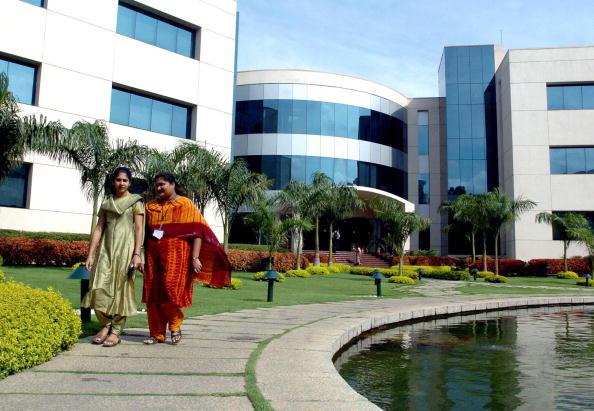The Indian technological revolution aims to progress the country’s IT industry from mediocre back-office filers to innovative front-line pioneers through assistance from the business and finance communities.
It’s being made possible by Startup Village, India’s first public-private partnership model launched in Kochi, Kerala that has plans to incubate at least a thousand new ventures in 10 years.
Startup Village aims to equip young entrepreneurs having a viable and profitable idea with the facilities, training, and financial assistance to set up their business venture—transforming distant dreams into practical realities.
“We started Infosys in a room about this size; it’s your turn now”, said Kris Gopalakrishnan, Startup Village’s Chief Mentor, motivating the youngsters to shake their risk averse attitude and join in on the band-wagon of entrepreneurship. Gopalakrishnan is the co-founder and co-chairman of Infosys, the second biggest IT firm in India.
Focusing primarily on students from college campuses, Startup Village is on course to create an ecosystem and provide a platform for young start-ups to create breakthrough technologies for the global telecommunications industry.
The country’s potential is evident from the fact that Indian-born entrepreneurs make the most successful immigrant group in the U.S. However, the country itself has very little to show with its 64th ranking on the Global Innovation Index. The red tapes, wide-spread corruption, and stifling bureaucracy are the main reasons for holding back growth.
To herald a new chapter in Indian business innovation, Gopalakrishan has banded together with a host of other titans from the IT and telecommunications industry. As a complete ecosystem including angel investors and mentors, the Startup Village is willing to give space, expertise and financial support to people who have the right ideas.
They might not have any technical expertise or previous business experience or even know any methods of monetizing their projects, but all these will be taken care of in the company ecosystem.
The interested candidates would first apply for selection of project. After scrutinizing, the selected applicants would be asked to present their projects to a panel, consisting of angel investors, venture capitalists, and industry veterans.
The panel chooses the deserving candidates, projects, funds, and eventually provides training in the technical and business aspects.
After project is funded and goes online, the generated profits are shared, then, among investors or in the future, when the company goes public—a simplified form of angel investing.
“We have already incubated around 150 companies, with 300 more potentials”, says Gokul V.S, the Director of Initiatives.
“Started last April, the response has been overwhelmingly positive. It’s making things happen, making the government implement favorable schemes and hosting one of the best eco-systems in the world.” “We also hold local events like Hackathon that appeal to youngsters, mainly graduates from the engineering streams”, the source of future IT and Telecom potential.
The Startup Village is offering 1 GBPS internet connectivity in the 100,000 sq. ft. building, expected in 2014, making it the second in the world after Kansas City, US, to have such speed.
Recently with Blackberry and Oracle collaborations, Oracle India plans to integrate the Oracle Academy’s Advanced Computer Science curriculum into engineering colleges in Kerala in coalition with Startup Village. Besides this, Startup Village’s own mentor, Freeman Murray, an active angel investor for over 20 companies in US and India, has started the Startup School, providing intensive three month residential incubation programs for technology start-ups.
With assistance from the business community, all that the young generation needs now is to venture forth with their ideas and practically realize the dream.





